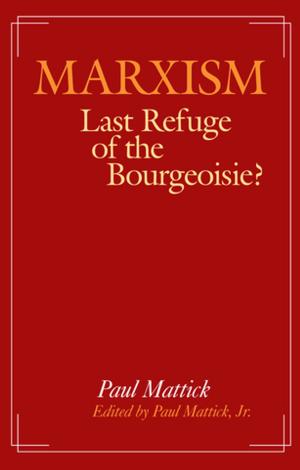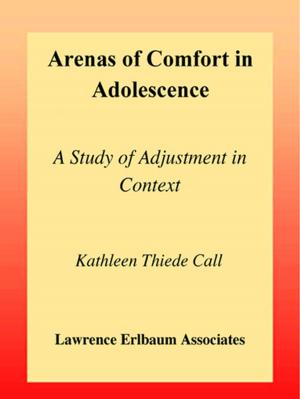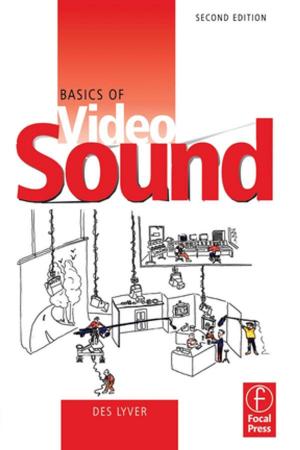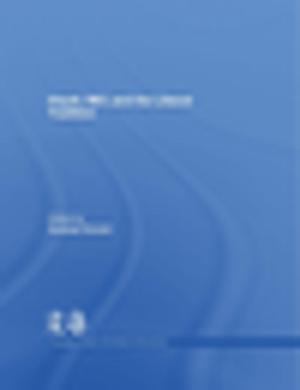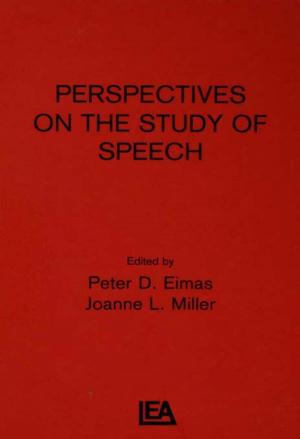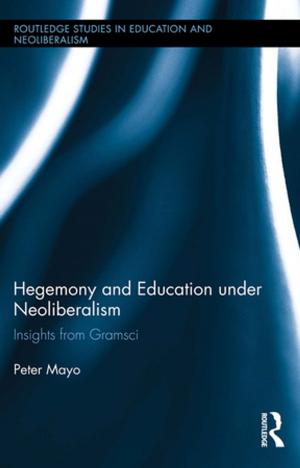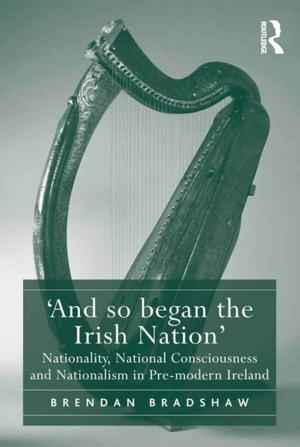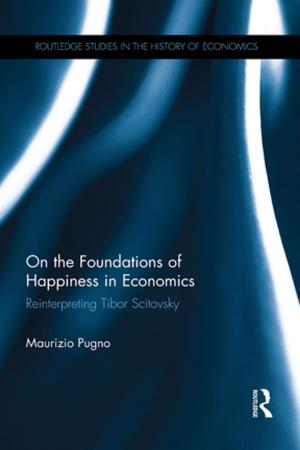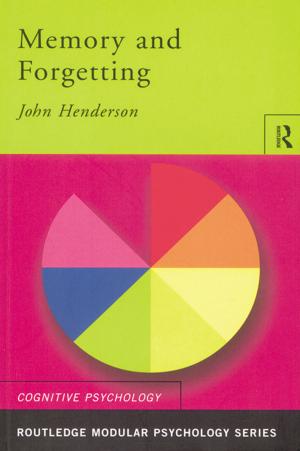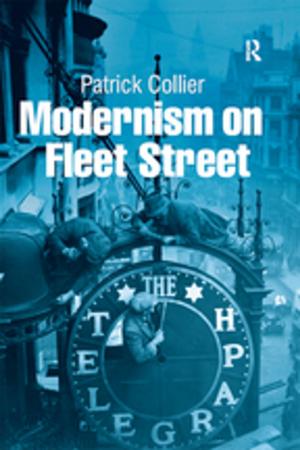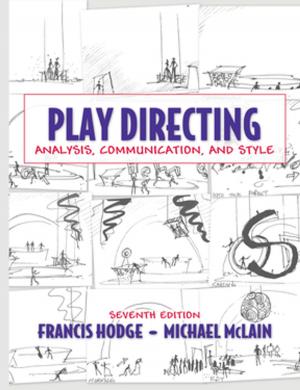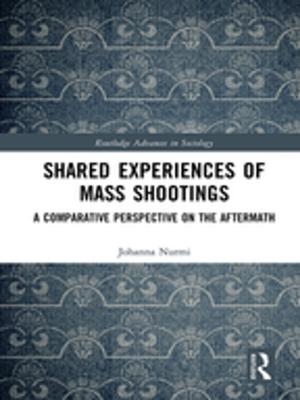The Spiral of Silence
New Perspectives on Communication and Public Opinion
Nonfiction, Reference & Language, Language Arts, Communication, Health & Well Being, Psychology, Social Psychology, Social & Cultural Studies, Political Science| Author: | ISBN: | 9781136447846 | |
| Publisher: | Taylor and Francis | Publication: | January 3, 2014 |
| Imprint: | Routledge | Language: | English |
| Author: | |
| ISBN: | 9781136447846 |
| Publisher: | Taylor and Francis |
| Publication: | January 3, 2014 |
| Imprint: | Routledge |
| Language: | English |
Since its original articulation in the early 1970s, the 'spiral of silence' theory has become one of the most studied theories of communication and public opinion. It has been tested in varied sociopolitical contexts, with different issues and across communication systems around the world. Attracting the interest of scholars from communication, political science, sociology, public opinion and psychology, it has become both the subject of tempestuous academic debate as well as a mainstay in courses on communication theory globally.
Reflecting substantial new thinking, this collection provides a comprehensive examination of the spiral of silence theory, offering a synthesis of prior research as well as a solid platform for future study. It addresses various ideological and methodological criticisms of the theory, links the theory with allied areas of scholarship, and provides analyses of empirical tests. Contributors join together to present a breadth of disciplinary and international perspectives. As a distinctive and innovative examination of this influential theory, this volume serves as a key resource for future research and scholarship in communicaiton, public opinion, and political science.
Since its original articulation in the early 1970s, the 'spiral of silence' theory has become one of the most studied theories of communication and public opinion. It has been tested in varied sociopolitical contexts, with different issues and across communication systems around the world. Attracting the interest of scholars from communication, political science, sociology, public opinion and psychology, it has become both the subject of tempestuous academic debate as well as a mainstay in courses on communication theory globally.
Reflecting substantial new thinking, this collection provides a comprehensive examination of the spiral of silence theory, offering a synthesis of prior research as well as a solid platform for future study. It addresses various ideological and methodological criticisms of the theory, links the theory with allied areas of scholarship, and provides analyses of empirical tests. Contributors join together to present a breadth of disciplinary and international perspectives. As a distinctive and innovative examination of this influential theory, this volume serves as a key resource for future research and scholarship in communicaiton, public opinion, and political science.

